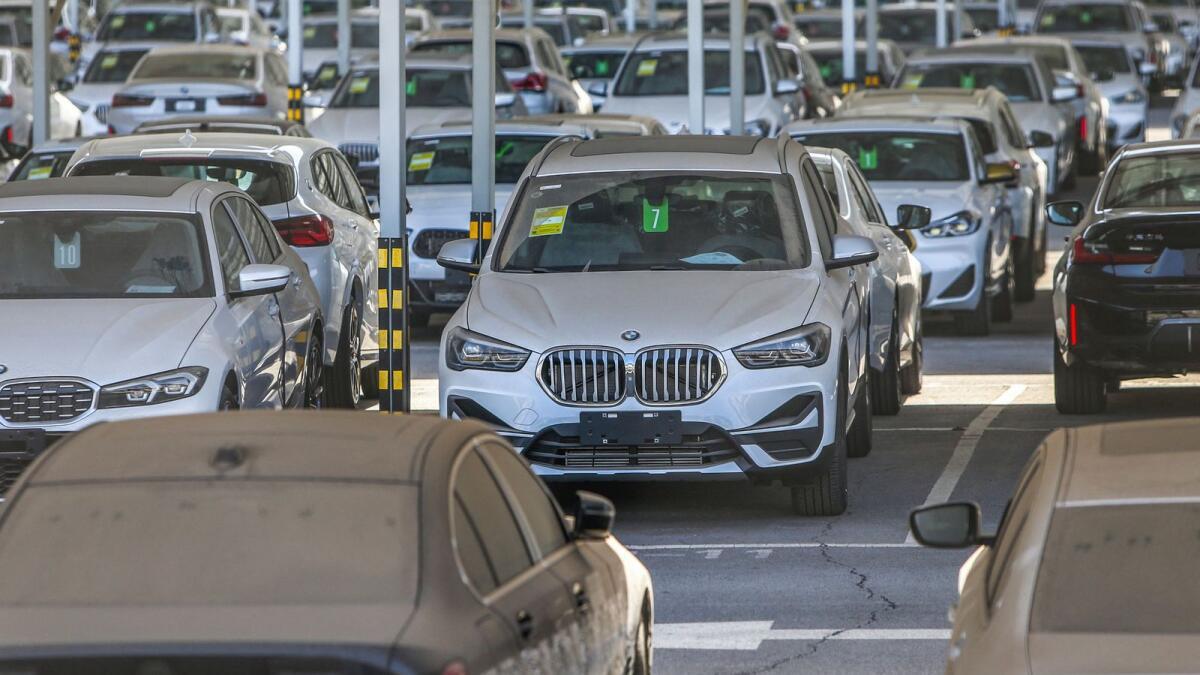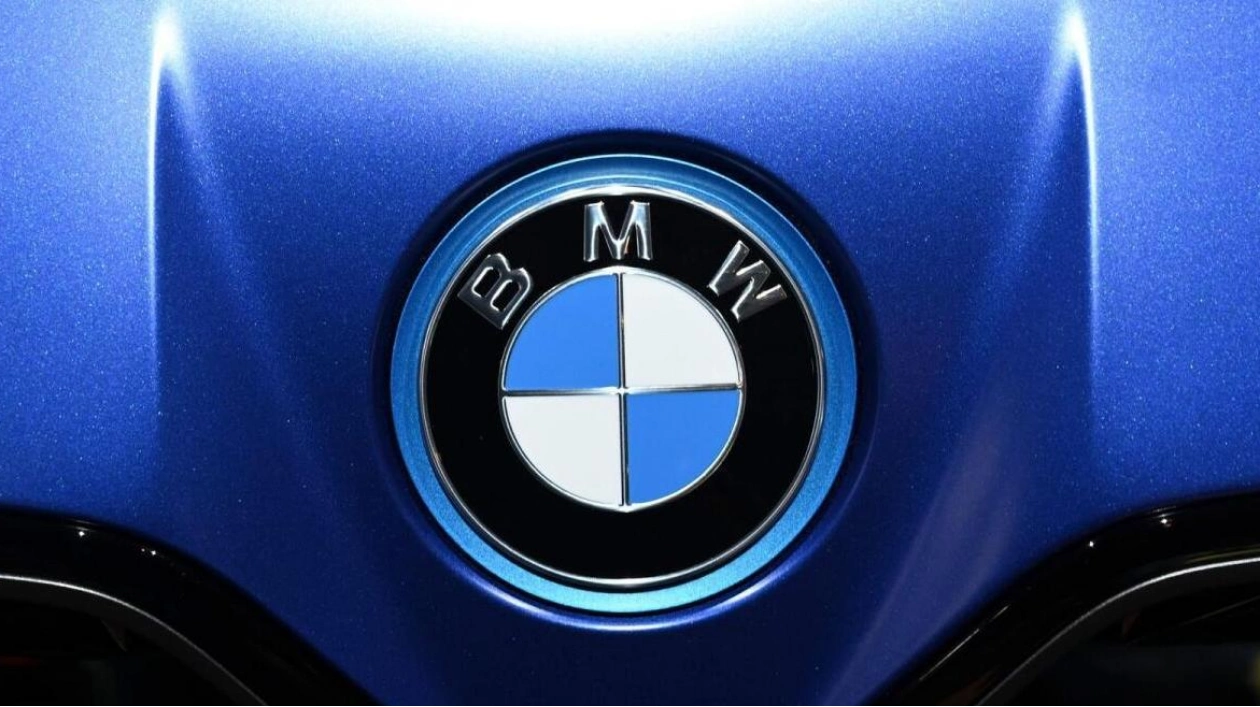Shares in BMW plummeted after the carmaker disclosed a recall of 1.5 million vehicles due to a braking system issue, leading to an estimated cost of nearly €1 billion (£0.84bn).
The German automaker announced that its annual earnings would be significantly lower than initially forecast, as the braking fault is more widespread than previously thought.
BMW clarified that while the braking issue in some newer models is not considered a safety concern, the cost of addressing it under warranties would amount to a “high three-digit million” sum.
The company also noted that weak demand from China would negatively impact its profits, with operating margins now expected to be around 6%, down from the anticipated 10%.
This news caused BMW’s share price to drop by roughly 11%, hitting a four-year low on Tuesday.
This development adds to the growing challenges facing Germany’s automotive sector, following Volkswagen’s announcement that it might have to close some factories—a move that would mark a first for the automaker.
Although BMW emphasized that the brakes on the recalled cars remain functional and no incidents related to the issue have been reported, the malfunction in the electronic braking support system could potentially make it harder for drivers to apply enough pressure to stop the car.

The braking system, supplied by Continental, is found in various BMW models produced since June 2022, including the BMW X1, X2, and X5 SUVs, the Mini Cooper and Countryman, as well as the luxury Rolls-Royce Spectre.
While only a small number of vehicles are likely to have the defect, the affected cars were manufactured at BMW’s plants in Germany, the UK, France, the US, China, and South Korea.
Continental, which produces the braking system, stated that only a “small proportion” of the systems it supplies to BMW would require partial replacement due to an electronic component that “might have impaired functionality.”
The company estimated its financial provision for the warranty claims to be in the “mid-double-digit million” range, significantly lower than BMW’s estimate. Shares in Continental, which is also known for its tire production, dropped by around 9%.
BMW also revealed that approximately 1.2 million of the affected vehicles have already been delivered to customers and can be checked remotely through wireless software updates.
However, the delivery of around 320,000 new cars will be delayed, impacting sales for the second half of the year.
The braking issue first surfaced in February, when around 14,000 UK-registered vehicles were thought to be affected. Last year, BMW and Mini sold nearly 160,000 new cars in the UK alone.







Leave a Reply